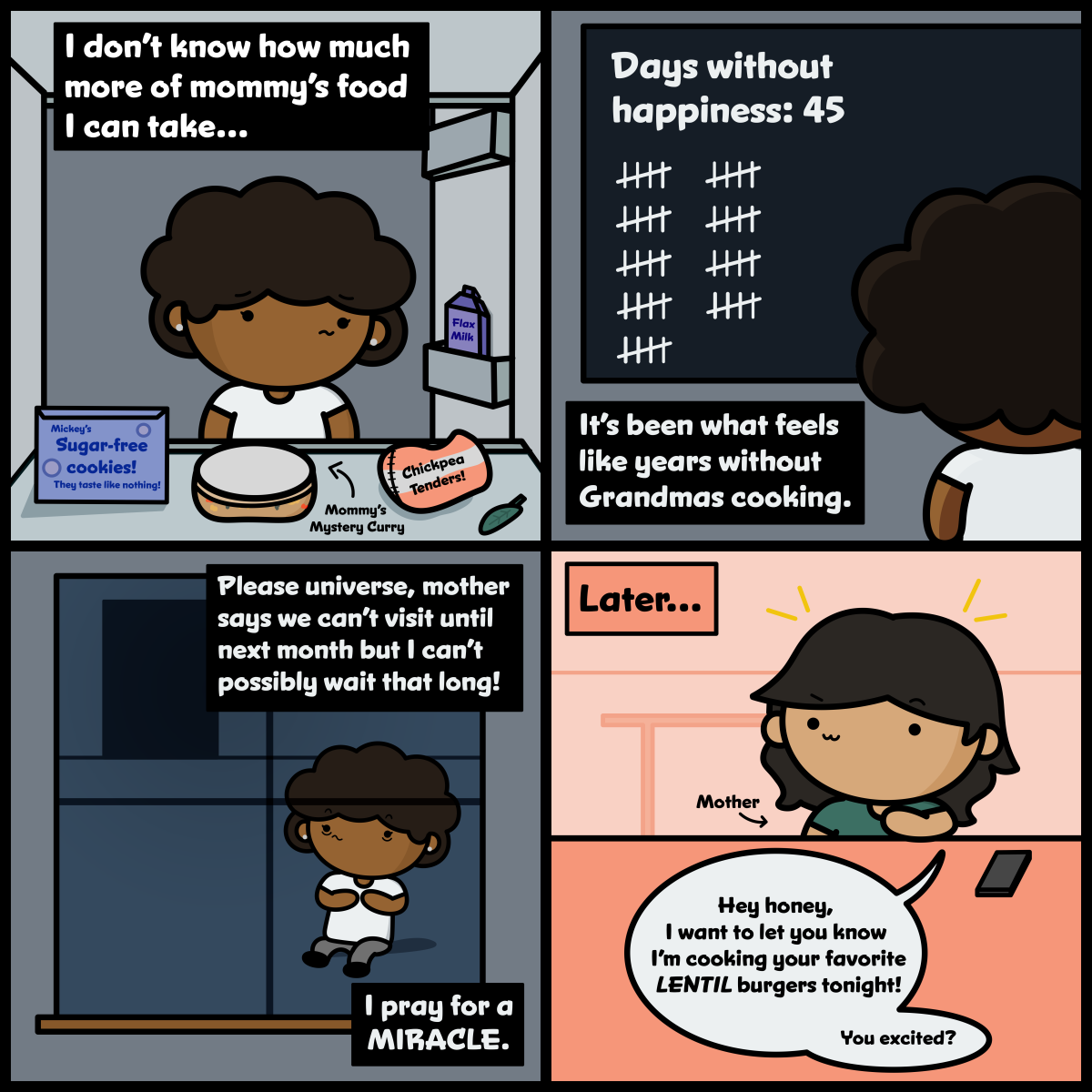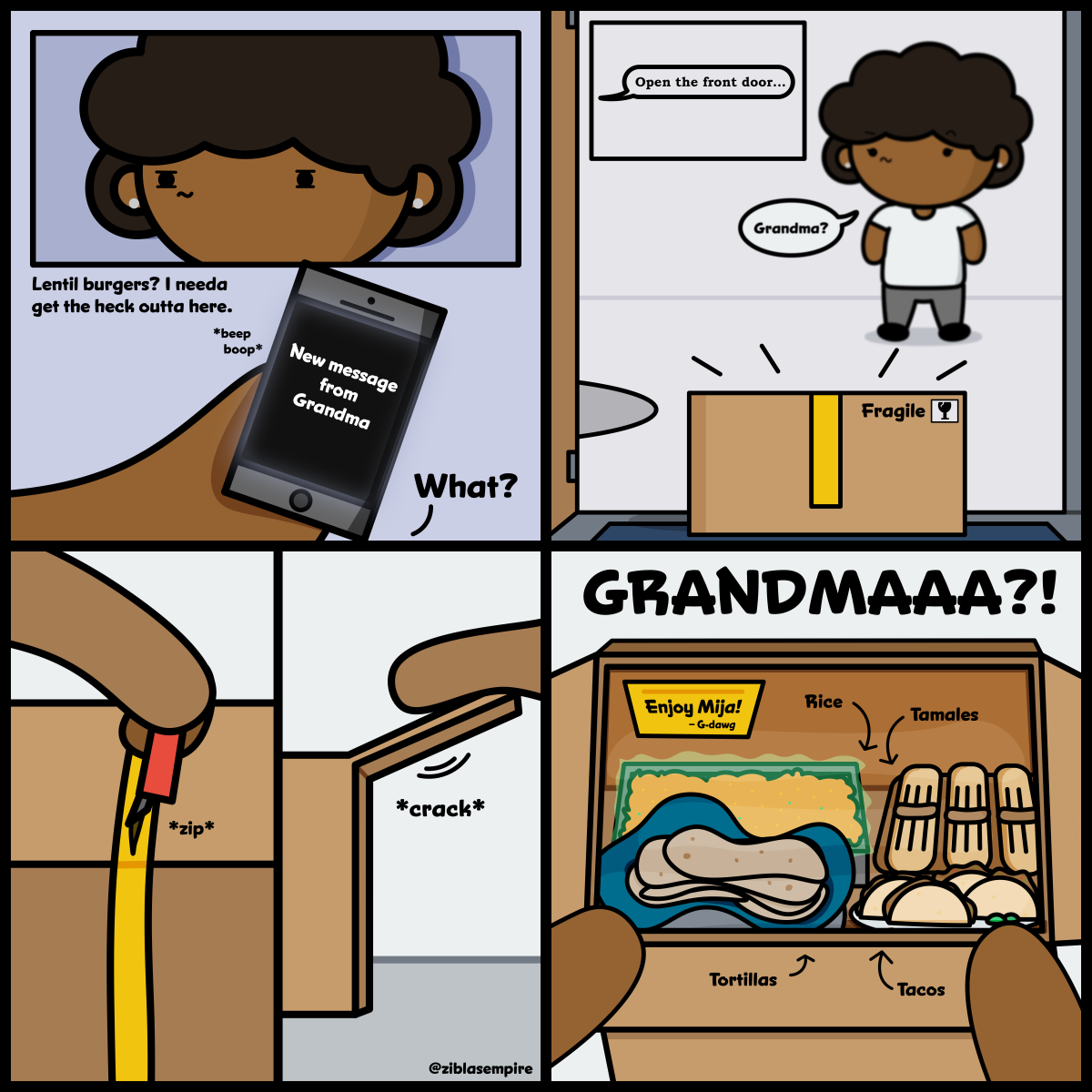Latinx Files: The troubling case of Lizelle Herrera

Lizelle Herrera should have never been arrested.
The 26-year-old Rio Grande Valley woman was taken into custody last Thursday and charged with murder, accused of causing “the death of an individual by self induced abortion.”
By Sunday, days after Herrera’s arrest had become a national story, the murder charge was dropped. In a public statement, Starr County Dist. Atty. Gocha Allen Ramirez acknowledged she had committed no crime.
Privately, Ramirez texted Herrera’s attorney to apologize.
“I’m so sorry,” he wrote, according to the Washington Post. “I assure you I never meant to hurt this young lady.”
Herrera is now free, but a lot of questions and concerns still remain.
For starters, it’s still unclear what law Herrera was accused of breaking in the first place. Though Texas recently passed one of the most restrictive antiabortion laws in the country, the Texas Heartbeat Act doesn’t criminalize abortions.
And it’s worrisome that it was hospital staff that allegedly reported Herrera to the authorities. It’s a massive breach of trust.
“Low income people of color cannot walk into a hospital safely and know that they will be able to be honest with their medical providers and give them information that might save their life because they might go to jail,” Rockie Gonzalez, founder and board chair of the Frontera Fund, said to MSNBC.
The Latinx experience chronicled
Get the Latinx Files newsletter for stories that capture the multitudes within our communities.
You may occasionally receive promotional content from the Los Angeles Times.
That this happened in the RGV doesn’t shock me. The border region has long been a canary in the reproductive rights coal mine.
It was there that Rosie Jimenez died after having an unsafe abortion in 1977. She became the first documented victim of the Hyde Amendment, which made it illegal to use federal funds to pay for an abortion.
And it was local activists who were most responsible for freeing Herrera. As the Texas Tribune reports, a coalition of reproductive rights grass-roots organizations quickly mobilized to raise money to post her bail and set up a legal defense fund. They also orchestrated a phone campaign to bombard the district attorney and sheriff with calls demanding Herrera’s release.
“I think the resounding message is that there’s a whole community of people out there that are going to stand up and show up for abortion access,” said Nancy Cárdenas Peña, Texas director of policy and advocacy for the National Latina Institute for Reproductive Justice. “We just give them hell, and we’re not going to stop.”
Consider subscribing to the Los Angeles Times
Your support helps us deliver the news that matters most. Become a subscriber.
Things we read this week that we think you should read
— Let’s keep it in the RGV (Puro 956!) for the next two items: Edgar Sandoval of the New York Times has this deep dive into the world of ropa usada, something that is near and dear to my heart. Growing up, one of the ways my family made money was to buy a pallet of used clothes shipped to the border, sift through it to find the best items, and then sell them at the flea market. Once in a while, you’d find some rare gems. It’s the reason I rocked Jordans all throughout middle school and high school.
— As I read this story by Emmanuel Felton of the Washington Post on how tired residents of Selma, Ala., are of being used as political props, I couldn’t help but think of how the exact same thing has been happening to Texas border communities for decades. As I write this, Texas Gov. Greg Abbott is engaged in a publicity stunt that has effectively halted commercial trucks from Mexico coming into the United States.
— Most people are familiar with Brown vs. Board of Education, the Supreme Court case that ruled that segregated schools were unconstitutional. Less well known is Mendez et al. vs. Westminster School District of Orange County, a federal case that desegregated schools in California. As my colleague Paloma Esquivel explains, the latter case is still as relevant 75 years later. Her story showcases 85-year-old Sylvia Mendez, who is working to make sure the path-breaking lawsuit filed by her parents is not forgotten.
— For the first time in the last decade, the mortality rate for Latinxs in Los Angeles County became worse than that of white residents. The culprit? COVID-19. Story by Andrew J. Campa, Rong-Gong Lin II and Emily Alpert Reyes.
—Pro tip: Read everything that Isabelia Herrera writes. That includes her recent profile of Dominican rapper Tokischa.
And now for something a little different...


Ayana is a 14-year-old Afro-Latina living in Washington state. Ayana currently goes to middle school and loves to create comics!
Ayana’s passion for writing comics goes back to 3rd grade, where she would write comics at home and then share them with some of her classmates at school. She realized then she could make people laugh and found it was something she loved to do.
During the COVID lockdown, Ayana started her comic called “The Curly Lifestyle,” where she felt she could express herself and have a connection to the outside world. You can find more of her work on her Instagram @ziblasempire.
“I decided to draw my comic “The Miracle” because wouldn’t it be a miracle if a bunch of delicious Mexican food arrived at your doorstep?”
Are you a Latinx artist? We want your help telling our stories. Send us your pitches for illustrations, comics, GIFs and more! Email our art director at [email protected].
The Latinx experience chronicled
Get the Latinx Files newsletter for stories that capture the multitudes within our communities.
You may occasionally receive promotional content from the Los Angeles Times.




